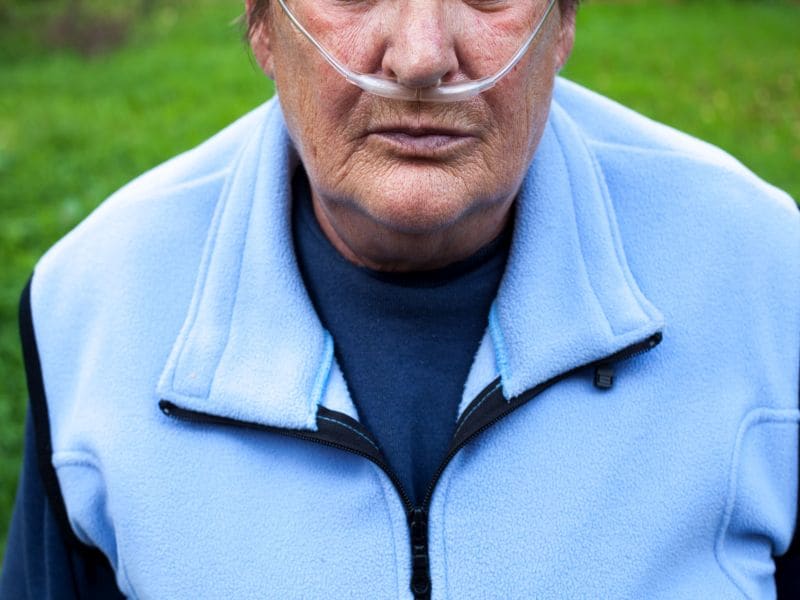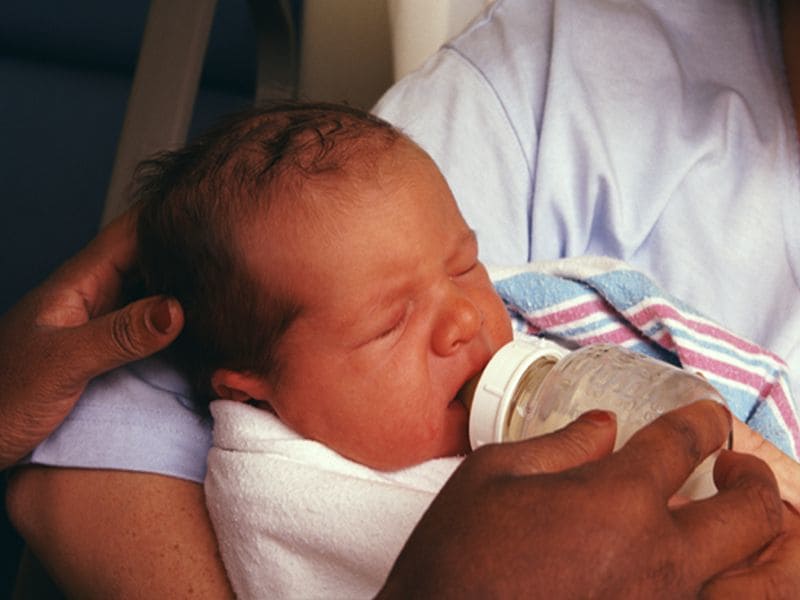
Chemotherapy may damage the cells that make hair and cause it to fall out, the National Cancer Institute says. Hair loss may begin two weeks to three weeks after starting chemotherapy, the agency says. Before hair begins to fall out, consider shaving your head, getting a wig or wearing a hat or scarf, the institute… read on >





























